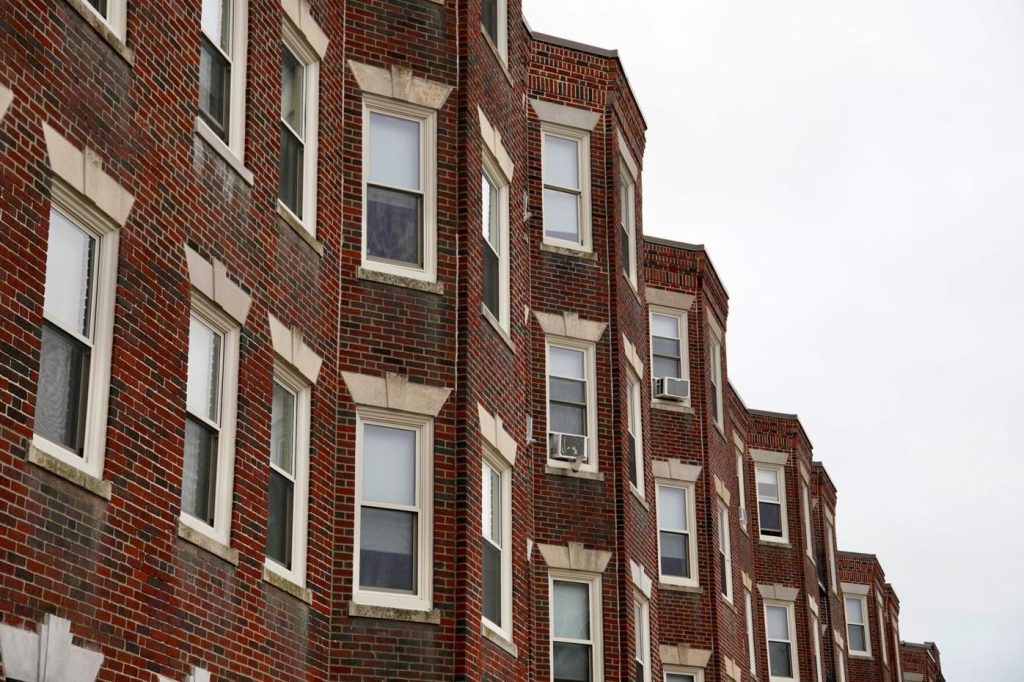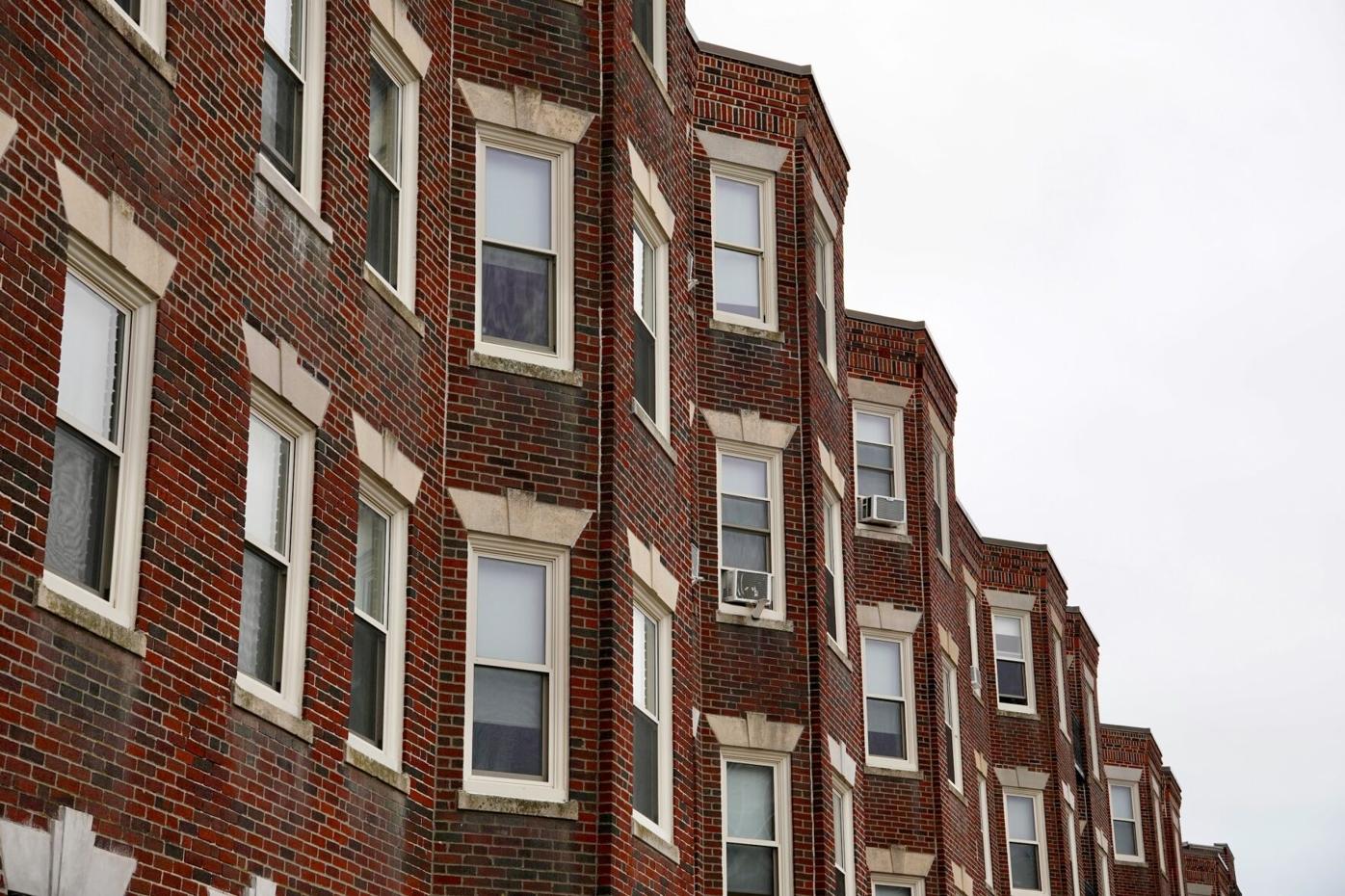Massachusetts is ramping up efforts to address the pressing issue of homelessness and affordable housing, allocating millions of dollars to bolster shelter capacities and fund income-restricted homes. With the state grappling with an influx of migrants and an extensive waitlist for shelter accommodations, legislative action and local initiatives aim to provide relief to vulnerable families.

The Massachusetts Senate recently passed a bill, by a vote of 32-8, to release $825 million from a state escrow account, primarily designated to alleviate strains on the shelter system. The legislation seeks to mitigate the burden on communities by implementing measures such as limiting shelter stays to nine months and mandating individualized rehousing plans. Senator Michael Rodrigues emphasized the importance of proactive measures, highlighting that a significant portion of shelter occupants are Massachusetts residents, underscoring the urgency to prevent families from facing homelessness.
Despite efforts to expand shelter capacities, there are still over 700 families languishing on the waitlist for accommodations, with Governor Maura Healey implementing a cap of 7,500. Meanwhile, Boston unveiled a $69 million initiative aimed at creating income-restricted homes in collaboration with various community organizations. Mayor Michelle Wu expressed commitment to leveraging all available resources to address the city’s housing challenges, emphasizing the importance of collaborative efforts.
Sheila Dillon, Boston’s chief of housing, elaborated on the initiative’s objectives, noting that the funding would support the creation of 775 affordable homes across the city. These developments are tailored to meet the diverse needs of residents while also aligning with climate and equity goals, ensuring stable and economically viable housing options for individuals and families.
As Massachusetts continues to grapple with housing insecurity exacerbated by various factors, including migration and economic disparities, concerted efforts at both the state and local levels underscore a commitment to addressing the pressing needs of vulnerable populations. Through legislative action and community-driven initiatives, stakeholders strive to create a more equitable and sustainable housing landscape for all residents.
